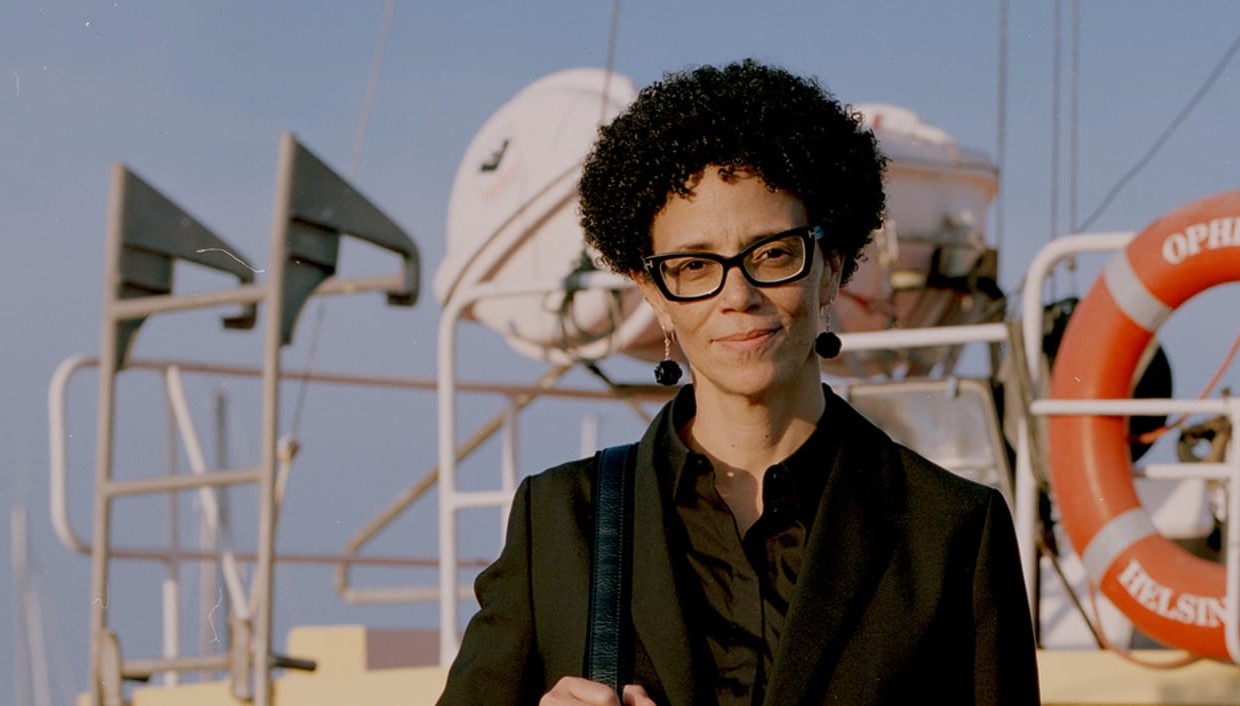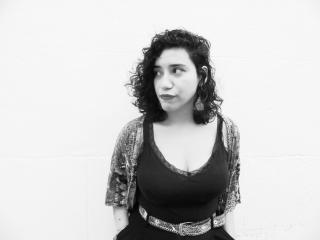
Coco Fusco, artist who rescued Cuban poet Heberto Padilla's 'self-criticism' speech 50 years later. Archive image.
In commemoration of the 50th anniversary of Heberto Padilla's "confession" in Cuba, artists hold a "re-reading" of the event
Intellectuals and voices of the Cuban civil society grouped in the San Isidro Movement and the Cuban 27N read the document "La sombra de Padilla" (Padilla's…
On Tuesday, April 27, a group of Cuban intellectuals and artists staged a re-reading of the famous document known as "La confesión de Padilla" ("Padilla's confession"), which the poet Heberto Padilla possibly staged in 1971 after being arrested and interrogated for dissenting from Cuban communist politics.
Fifty years ago, the poet's well-known public confession shocked the literary world for being a "manipulation" of Castroism. Today it is commemorated in a staging with a new choral reading.
The project of the "Movimiento Internacional San Isidro" and group 27N, has been directed by the artist Coco Fusco.
Fifty years ago, the poet's well-known public confession shocked the literary world for being a "manipulation" of Castroism. Today it is commemorated in a staging with a new choral reading.
The project of the "Movimiento Internacional San Isidro" and group 27N, has been directed by the artist Coco Fusco.
"I wanted to revive the confession because the living conditions of artists and intellectuals in Cuba have not changed, despite the fact that the Cuban government has made a great effort over the years to hide that truth," says Fusco.
The experience for all the participants in the recovery of that history has been painful and revealing. The artist recalled that everyone knew Padilla, but few had studied the words he spoke that fateful night.
Padilla managed to go into exile in 1980 and died in Alabama at the age of 68, but "his confession was a harbinger" of the period known as the Quinquenio Gris. Five years (1971-1976), in which dozens of Cuban artists and writers were separated from public life.
"The Cuban government's treatment of Padilla made visible the methods for dealing with intellectuals and artists, and has since functioned as a warning to those who seek to challenge state authority."
The nearly three-hour audiovisual project was presented today on the internet and web portals of the Showroom in London, the Kunstlerhaus Bethanien in Berlin, the Herberger Institute in Arizona, the Pérez Museum in Miami and the Franklin Furnace in New York and the Artists at Risk Connection.
Padilla managed to go into exile in 1980 and died in Alabama at the age of 68, but "his confession was a harbinger" of the period known as the Quinquenio Gris. Five years (1971-1976), in which dozens of Cuban artists and writers were separated from public life.
"The Cuban government's treatment of Padilla made visible the methods for dealing with intellectuals and artists, and has since functioned as a warning to those who seek to challenge state authority."
The nearly three-hour audiovisual project was presented today on the internet and web portals of the Showroom in London, the Kunstlerhaus Bethanien in Berlin, the Herberger Institute in Arizona, the Pérez Museum in Miami and the Franklin Furnace in New York and the Artists at Risk Connection.











LEAVE A COMMENT:
Join the discussion! Leave a comment.